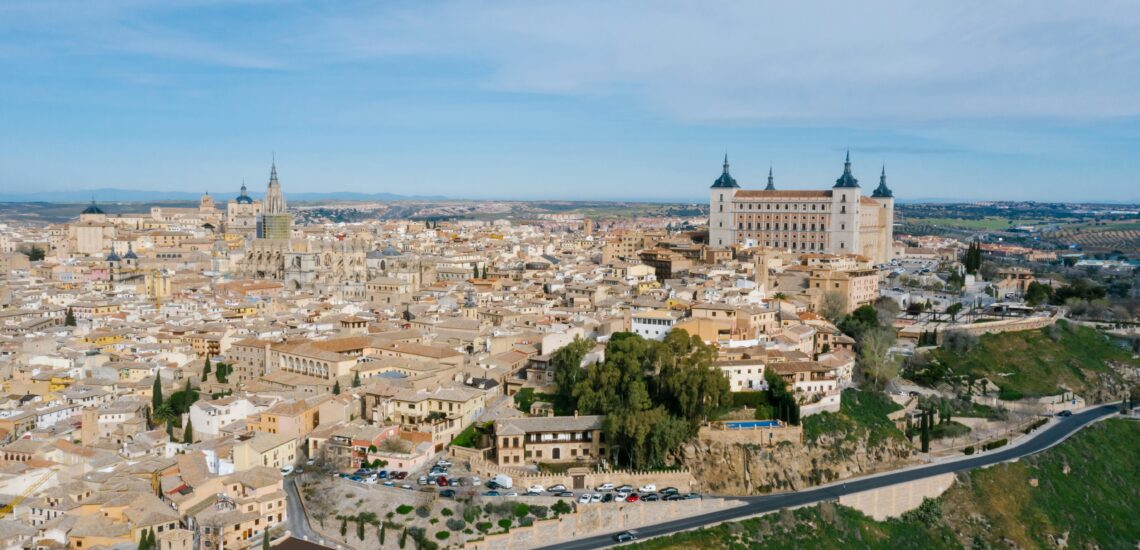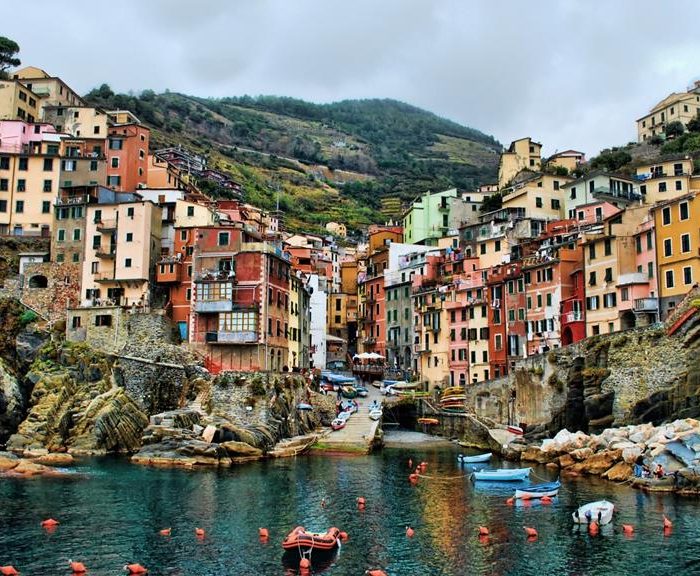15 Interesting Facts About Spain
Quick facts about Spain:
- Population: Spain boasts a population exceeding 47 million people.
- Official Languages: Spanish, also known as Castilian, is the official language of Spain.
- Capital: Madrid serves as the capital city of Spain.
- Government: Spain operates as a constitutional monarchy with a parliamentary democracy.
- Currency: The official currency of Spain is the Euro (EUR).
1 Fact: Spain is one of the biggest empires in the past
Spain was one of the largest empires during its Golden Age in the 16th and 17th centuries, with significant colonies in Latin America, North America, Asia, and Africa. Notable colonies included Mexico, Peru, the Philippines, and Caribbean islands. The empire thrived on the wealth from trade, particularly in silver and gold from the New World, making Spain a major economic power of that era. However, economic challenges, internal conflicts, and competition with other European powers eventually led to the decline of the empire.
2 Fact: In history, Spain has been almost entirely Muslim
During the medieval era, particularly between the 8th and 15th centuries, much of Spain was under Muslim rule. The Islamic Moors established a caliphate in the Iberian Peninsula, bringing advancements in science, art, and culture. This period, known as Al-Andalus, saw coexistence among Muslims, Christians, and Jews. The Christian Reconquista gradually reclaimed territory, culminating in the fall of Granada in 1492, marking the end of Muslim rule in Spain.
 Mstyslav Chernov, CC BY-SA 3.0, via Wikimedia Commons
Mstyslav Chernov, CC BY-SA 3.0, via Wikimedia Commons3 Fact: Separatist sentiment exists in Spain
Spain has regions with strong separatist tendencies, notably Catalonia and the Basque Country. Catalonia, in the northeast, has sought greater autonomy and, in some cases, independence. The Basque Country, in the north, has also experienced separatist movements. These sentiments are often rooted in cultural, historical, and political differences, leading to occasional tensions between regional and national authorities.
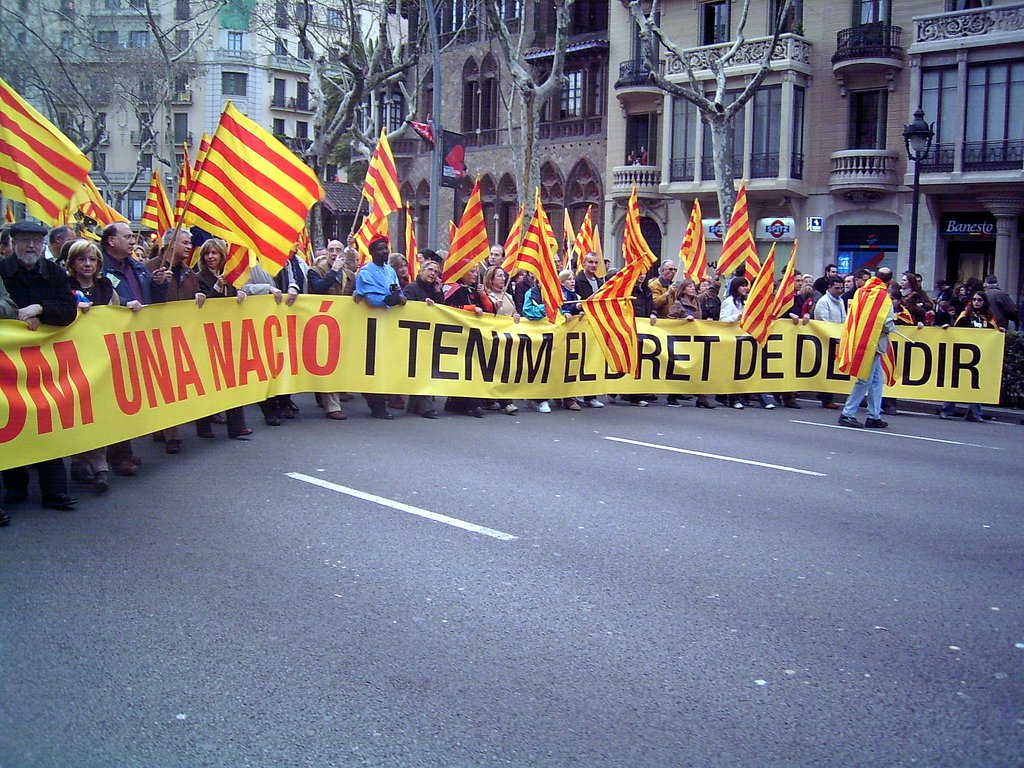 Friviere, CC BY-SA 2.5, via Wikimedia Commons
Friviere, CC BY-SA 2.5, via Wikimedia Commons4 Fact: Spain had a civil war in the last century
Spain endured a civil war between 1936 and 1939, a significant chapter in its 20th-century history. The conflict arose from political and social tensions, leading to a struggle between the Republicans and the Nationalists. General Francisco Franco’s Nationalists emerged victorious, leading to his authoritarian rule that lasted until his death in 1975. The Spanish Civil War left a lasting impact on the nation, influencing its political landscape and societal dynamics for decades.
5 Fact: Spain is known for bullfighting
Bullfighting has deep cultural roots in Spain and is considered a traditional spectacle. While controversial, it continues to attract enthusiasts and tourists who are interested in experiencing this unique aspect of Spanish culture. Bullfighting events, however, have also faced criticism from animal rights activists and some segments of the population, leading to debates about its ethical implications and calls for its prohibition in certain regions.
Street jogging races are also popular!
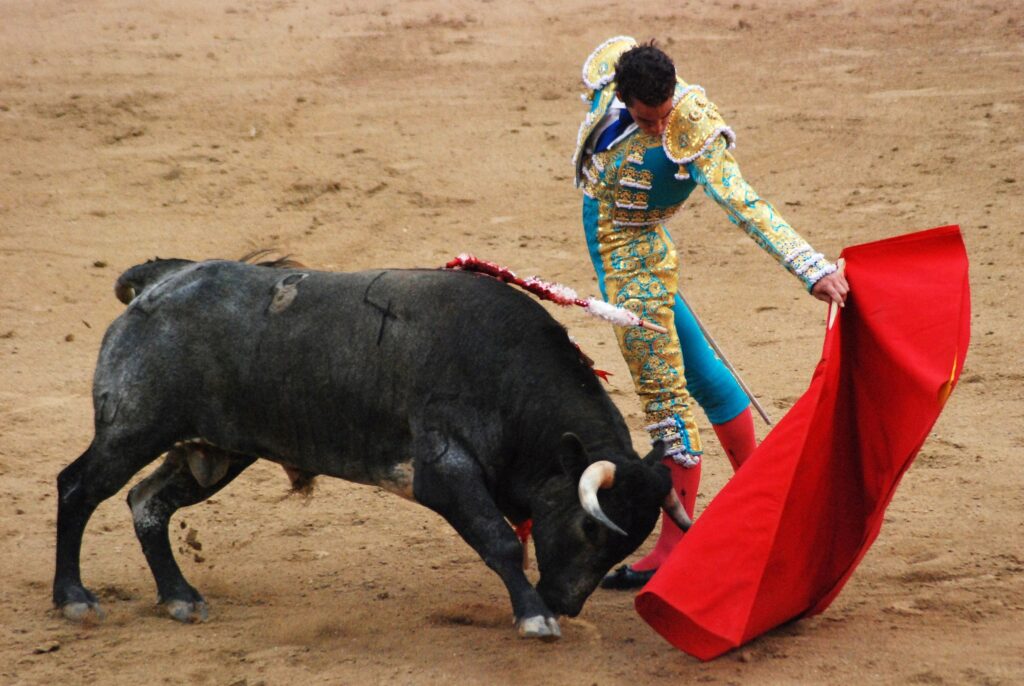 MarcusObal, CC BY-SA 3.0, via Wikimedia Commons
MarcusObal, CC BY-SA 3.0, via Wikimedia Commons6 Fact: Spain has 47 UNESCO World Heritage sites
Spain is home to an impressive 47 UNESCO World Heritage sites, showcasing its rich cultural and historical heritage. These sites include architectural wonders like the Alhambra, historic cities like Toledo and Salamanca, natural wonders like Teide National Park, and many more. This diverse array of UNESCO-listed sites attracts tourists from around the world, contributing to Spain’s status as a top destination for cultural and historical exploration.
7 Fact: Spain has the longest and most famous long construction project in the world
The Sagrada Familia in Barcelona, designed by architect Antoni Gaudí, holds the title for the longest-running construction project globally. Construction began in 1882, and the iconic basilica is still being completed, making it an enduring symbol of both architectural brilliance and perseverance. The Sagrada Familia attracts millions of visitors each year, eager to witness the ongoing construction and marvel at Gaudí’s unique and intricate design.
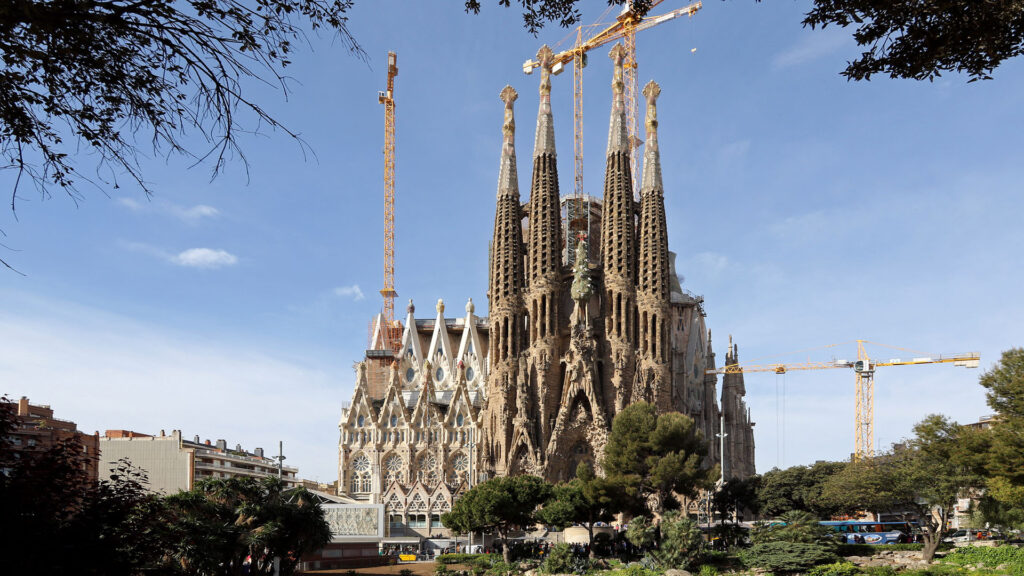 Banja-Frans Mulder, CC BY 3.0, via Wikimedia Commons
Banja-Frans Mulder, CC BY 3.0, via Wikimedia Commons8 Fact: Spain is known for its soccer
Spain has a rich soccer tradition and is globally recognized for its football prowess. The Spanish national football team achieved significant success, winning the UEFA European Championship in 1964, 2008, and 2012, as well as the FIFA World Cup in 2010. Spanish clubs, such as FC Barcelona and Real Madrid, are dominant forces in European club competitions, contributing to Spain’s reputation as a football powerhouse. The country’s passion for the sport is evident in the widespread popularity of soccer at both professional and grassroots levels.
9 Fact: The Canary Islands are closer to Africa than mainland Spain
Canary Islands, an archipelago located in the Atlantic Ocean, are geographically closer to Africa than mainland Spain. Situated off the northwest coast of Africa, the Canary Islands enjoy a strategic location, with their closest point to the African continent being just over 100 kilometers (about 62 miles) from Morocco. Despite their African proximity, the Canary Islands are an autonomous community of Spain and are a popular tourist destination known for their unique landscapes and pleasant climate.
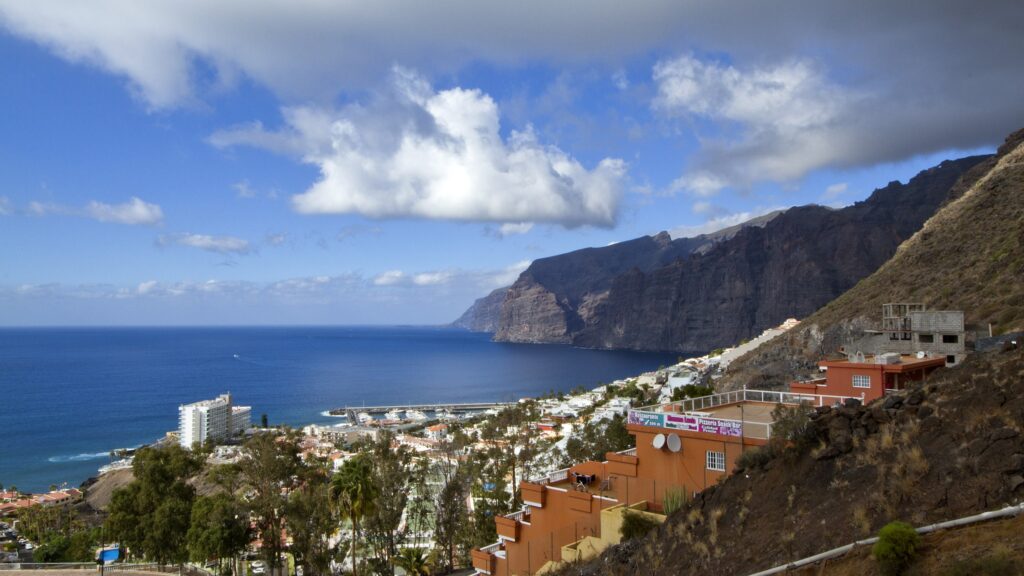 trolvag, CC BY-SA 3.0, via Wikimedia Commons
trolvag, CC BY-SA 3.0, via Wikimedia Commons10 Fact: Spain has a lot of great beaches
Spain is renowned for its stunning coastline, offering a plethora of beautiful beaches along the Mediterranean Sea, Atlantic Ocean, and Bay of Biscay. From the lively beaches of Costa del Sol to the pristine coves of Costa Brava, Spain provides diverse coastal landscapes to suit various preferences. The country’s beaches are not only appreciated for their scenic beauty but also for the vibrant seaside culture, water activities, and Mediterranean cuisine that contribute to a memorable beach experience for both locals and tourists.
11 Fact: Spain has Siesta
Siesta is a cultural practice in Spain where many businesses, especially in smaller towns, close for a few hours in the afternoon, typically from 2:00 pm to 5:00 pm. This break allows people to rest, have a leisurely lunch, and escape the hottest part of the day during the warmer months. While not universally observed in larger cities or modern workplaces, the siesta remains a part of Spain’s cultural identity, reflecting a more relaxed approach to daily life.
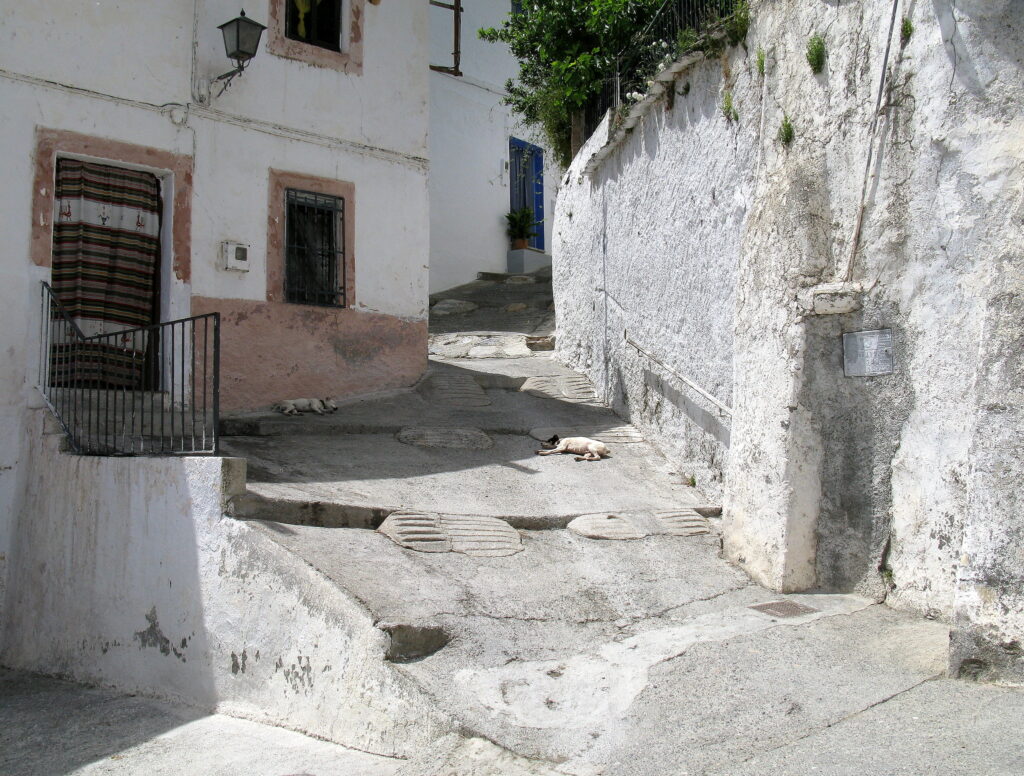 Spencer Means, (CC BY-SA 2.0)
Spencer Means, (CC BY-SA 2.0)12 Fact: Spain sells mostly fresh produce
Spain’s agricultural sector is well-developed, and the country is a major exporter of fresh produce. It is a leading global producer of fruits, vegetables, and olive oil. The diverse climate and fertile soils contribute to the success of Spanish agriculture. Many festivals across the country celebrate the richness of the harvest and agricultural traditions. These festivals, often accompanied by vibrant parades, music, and traditional dances, highlight the importance of agriculture in Spain’s cultural and economic landscape.
13 Fact: The first novel was written in Spain
Miguel de Cervantes, a Spanish author, wrote “Don Quixote,” considered the first modern novel. Published in two parts in 1605 and 1615, this literary masterpiece is a satirical exploration of chivalric romance and a foundational work in the development of the novel as a literary form. Cervantes’ innovative storytelling and character development have had a lasting impact on literature, making “Don Quixote” a key milestone in the history of the novel.
14 Fact: The first restaurant in the World is in Madrid
Sobrino de Botín, commonly known as Botin, is a historic restaurant in Madrid. Established in 1725, it holds the Guinness World Record for being the oldest restaurant still in operation. Botin is famous for its traditional Spanish cuisine, particularly its roasted suckling pig (cochinillo) and lamb. Over the centuries, it has become a cultural and culinary landmark, attracting both locals and tourists seeking a taste of history in the heart of Madrid.
 Ank Kumar, CC BY-SA 4.0, via Wikimedia Commons
Ank Kumar, CC BY-SA 4.0, via Wikimedia Commons15 Fact: Spain is visited by more tourists than there are people living in it
Spain is a major global tourist destination, attracting more visitors each year than its own population. With a well-established tourism sector, the country has invested in extensive infrastructure to accommodate the influx of tourists. Spain boasts a comprehensive network of highways that connect cities, efficient railways, and numerous airports facilitating domestic and international travel. The combination of cultural attractions, diverse landscapes, and modern transportation infrastructure makes Spain a popular and accessible destination for travelers from around the world.
Note: If you plan to travel there, check the need for an International Driving License in Spain to drive.

